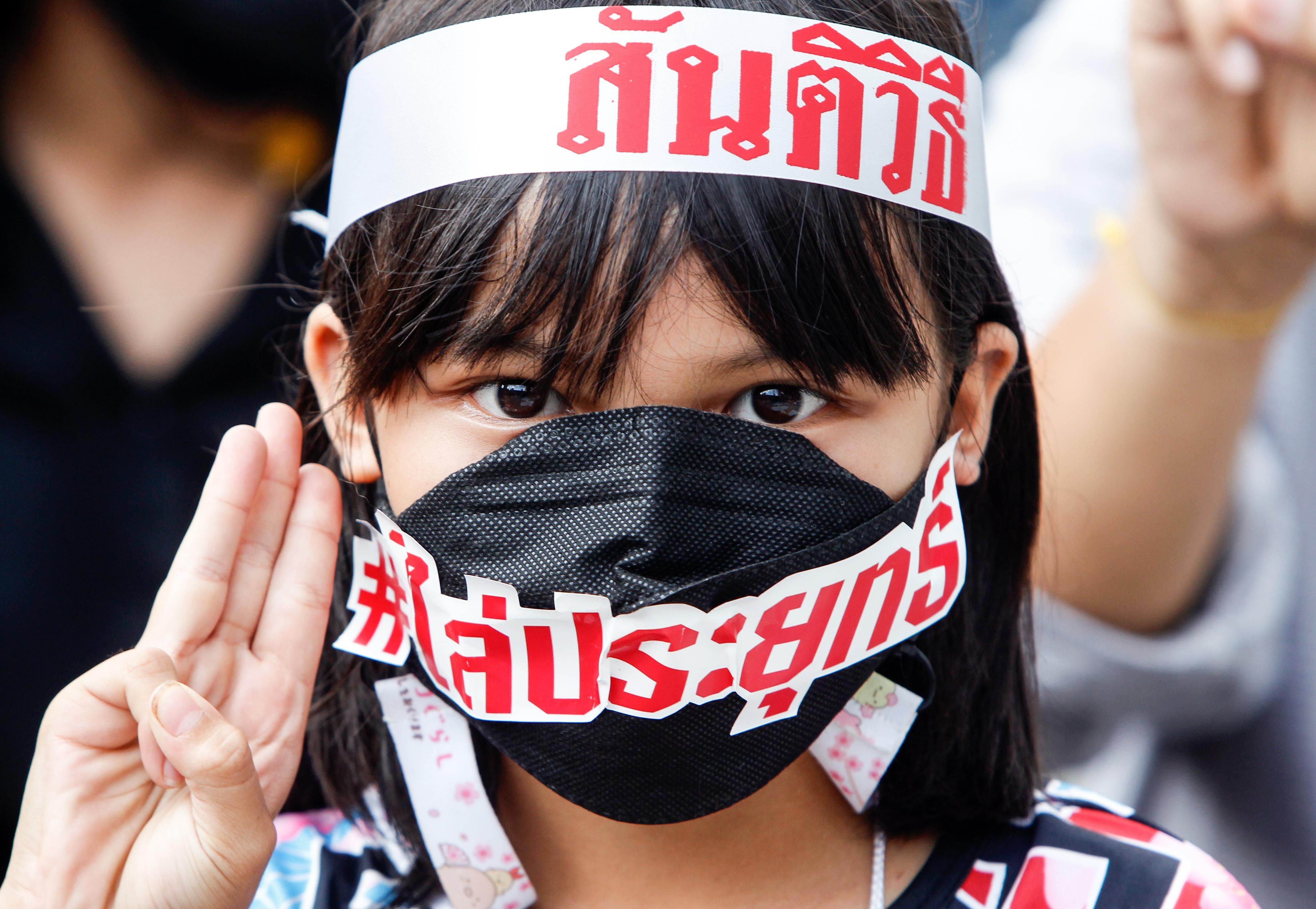30: Thailand admitted using the Israeli-made Pegasus spyware to track phones in cases related to drugs or “national security.” The government reportedly also deployed Pegasus to spy on 30 activists linked to the ongoing youth-led mass protests against coup-leader-turned PM Prayuth Chan-ocha, which triggered a political earthquake by questioning the role of the monarchy.
46,000: El Salvador has extended the state of emergency it imposed in March to deal with rising gang violence. Over 46,000 people have been arrested so far under the controversial decree, which tough-on-crime President Nayib Bukele claims is necessary for public safety — but human rights groups argue has led to countless arbitrary detentions where dozens have died.
9: Tunisian opposition leader Rached Ghannouchi was released after more than nine hours of questioning in a corruption and money-laundering probe just days ahead of President Kais Saied's constitutional referendum on Monday. Ghannouchi, head of the moderate Islamist Ennahdha party, is a vocal critic of Saied and warns a majority "yes" vote will turn Tunisia into a dictatorship.
91: Some Chinese homebuyers have
stopped paying their mortgages in at least 91 cities because developers have run out of cash to finish the projects. The revolt is exacerbating China's real-estate slump, which last year caught global attention when the
Evergrande debt crisis threatened to infect the wider financial system.
